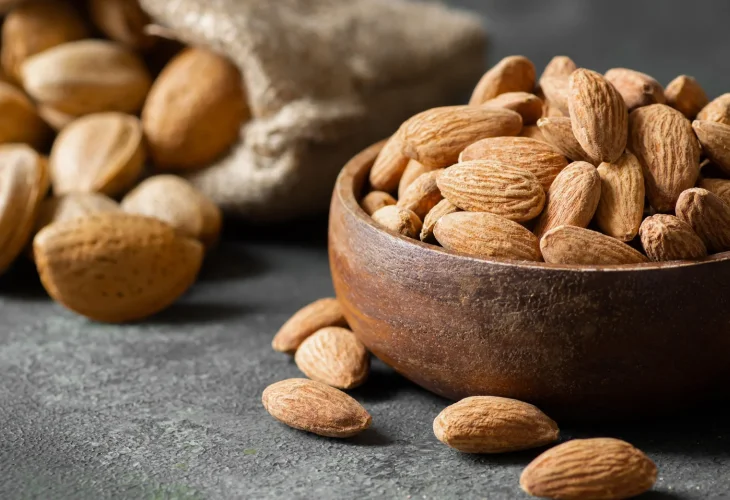Health and Nutrition
What to Eat at Night Without Guilt: Healthy Late-Night Snack Options Backed by a Nutrition Expert
Why going to bed hungry is harmful — and the best bedtime snacks that promote satiety, stable blood sugar, and better sleep
 (Photo: shutterstock)
(Photo: shutterstock)Many of us find ourselves enjoying evening nibbles or a late dinner, but what are the best things to eat at night when we just want “a little something”? Should we skip the late-night munchies altogether? Israeli nutritionist Dr. Rosman tackles this issue, and provides clear answers.
“Not everything is good to eat at night,” Dr. Rosman explains. “Some people tend to snack on sweets, cookies, or wafers, which is obviously not recommended, at any hour, and especially not at night. Eating refined carbs at night is particularly risky because of their strong link to diabetes and inflammation in blood vessels.”
She adds, “If you eat dinner at 7:00 p.m. and go to bed at midnight, it’s natural to feel hungry again. Going to bed hungry isn’t healthy as hunger reduces sleep quality and leads to fragmented, poor sleep. This kind of sleep lowers the release of satiety hormones the next day and causes fatigue, which increases sugar cravings.”
What is okay to eat at night?
Dr. Rosman recommends about 20 grams of almonds or mixed nuts: “They absorb fluids in the stomach, help you feel full, don’t spike your blood sugar, and contain magnesium, which helps relax muscles and promotes better sleep.”
Another option is 3% fat yogurt: “It doesn’t spike blood sugar, the fat helps slow digestion for longer-lasting satiety, and the dairy proteins help with muscle recovery during sleep. It also contains calcium, which supports relaxation and quality sleep.”
She also suggests a cup of chickpeas or 200 grams of edamame: “Legumes contain high-quality protein and have a very low glycemic index, so they don’t raise blood sugar levels. They’re also rich in fiber, which prolongs satiety.”

